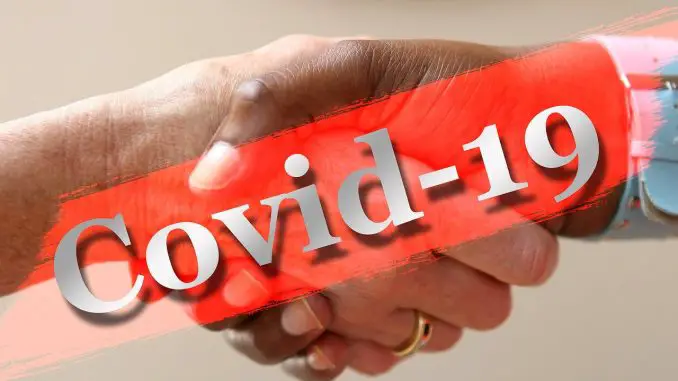
What differentiates the coronavirus from, for example, the common flu?
It is difficult to compare a whole new disease, such as covid-19, with seasonal flu. In summary, we can say from what we know today that they are similar in that both of a proportion of the sick can cause a very serious illness.
In contrast, covid-19 will affect significantly more people in a population where it is spreading. The rapid and widespread of infection is due to the fact that no one in the population has been able to develop immunity to this new virus variant. You will see more sick people and more people who need hospital care.
Seasonal flu, which recurs every year, on the other hand, has been circulating in society for a long time. Therefore, protection against various variants of influenza virus has been built up in the population
How dangerous is it for toddlers/babies?
Children, in general, get a mild infection. There are only sick single children reported from China. Nor does it seem that children can carry the infection forward.
When do you think it will calm down?
At present, you cannot predict when the peak will be reached. It will take at least a few months, and how far ahead it goes in time we cannot know now. The related virus SARS-1 came quickly, and disappeared after a few months and has not caused any outbreaks. How this virus behaves is too early to predict.
Can I carry the virus without getting sick, and then spread it?
At present, we know that coronaviruses are spread through close contact between people or by coughing and sneezing, so-called drip infection. The drops must reach mucous membranes through direct coughing or through hands with secretions on. Previous experiences indicate that you do not spread the infection without having symptoms.
The typical symptoms are fever (may be high or moderate), coughing, sometimes shortness of breath. Some also get lighter. Those who have died of the infection have been old or have had serious diseases such as tumors.
Should you be worried if you are young and healthy?
No! Almost no children or adolescents are included among the Chinese patients. They become mildly ill. In addition, more than 85% of adults become mild to moderately ill.
How long will I be sick if I am infected? And when will I be free from infection?
If you are healthy and do not have a serious underlying illness, it is most likely that you will have a mild illness if you become infected. Freedom of infection can be measured in two ways: when you no longer have symptoms, or when samples are negative. Reasonably, the contagiousness is low or gone when you no longer cough or sneeze.
How dangerous is the virus if the immune system is impaired?
You should talk to your treating doctor if you are worried. We do not know enough about which groups are particularly susceptible to severe infection by the new coronavirus and to what extent these individuals are exposed.
What has been reported in a study from China is that elderly people and especially those with cardiovascular disease, diabetes, chronic lung disease, and high blood pressure are over-represented among the severe cases. The study also shows that, after all, only a very small proportion of these groups suffer from severe infection. Well-adjusted diabetes in otherwise healthy persons is not included.
Do you get any protection against the virus with a face mask?
No, the type of face mask you buy at pharmacies and the like is not made to protect against drip contamination from another person. It can, on the other hand, protect others from getting a ill from your cough or sneezing if you am ill. However, that protection lasts no more than a few minutes.
Healthcare personnel and others who take care of an infectious patient may have other mouthguards with effect. We currently have no spread of infection in the community, so you can meet the infection anywhere. We have occasional imported cases, where we found some patients in the patient’s immediate environment (family and similar close contacts).
Why does the coronavirus get a name, and what does SARS-Cov-2 really stand for?
All newly discovered viruses, bacteria and fungi are given a name. This is especially true if they cause disease outbreaks. SARS Cov-1 (Severe acute respiratory syndrome) was a virus that was detected in Southeast Asia and spread around the world around 2003. SARS-Cov-2 is related to the first virus, but still has other properties.
Will we remember the coronavirus for, say, three years, or will it disappear in the virus and media noise as soon as the last case is cured?
I think you will remember this virus, just as you remember SARS-Cov-1. When a brand new virus suddenly emerges and spreads, and in addition to some causes serious illness, it remains in memory.
Leave a Reply